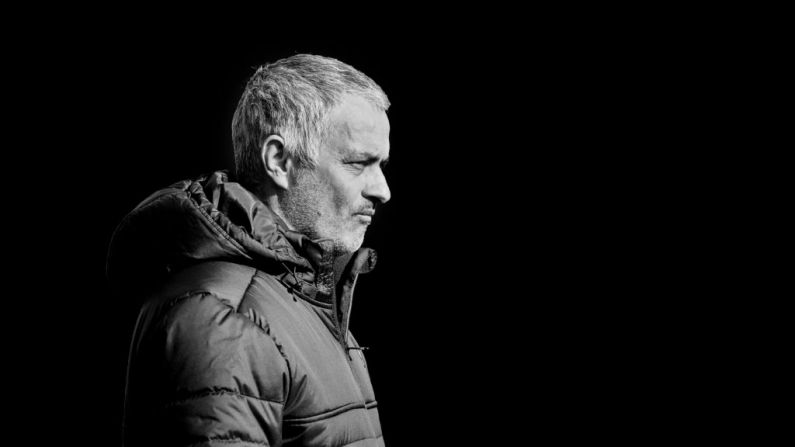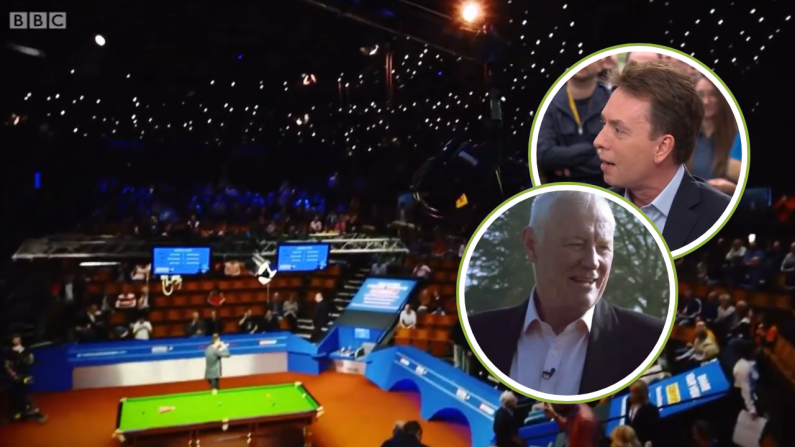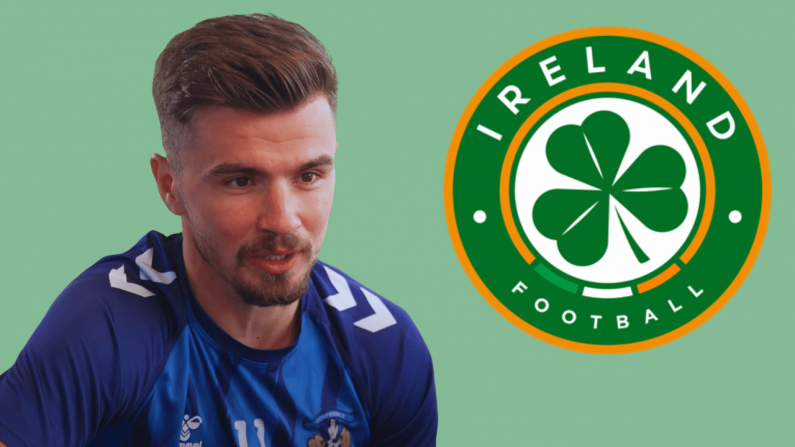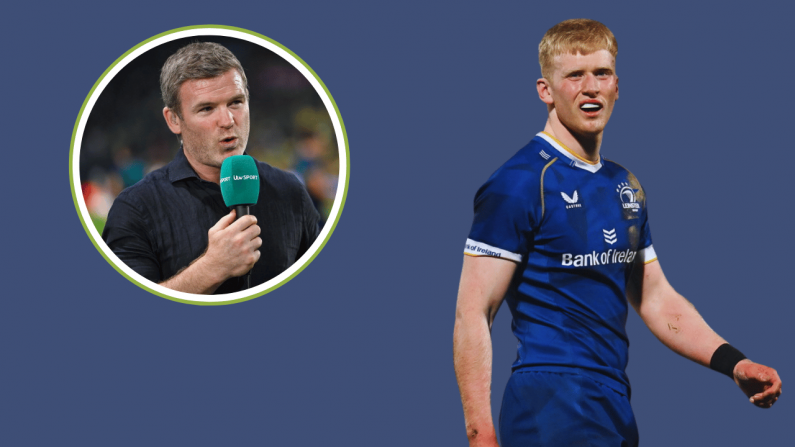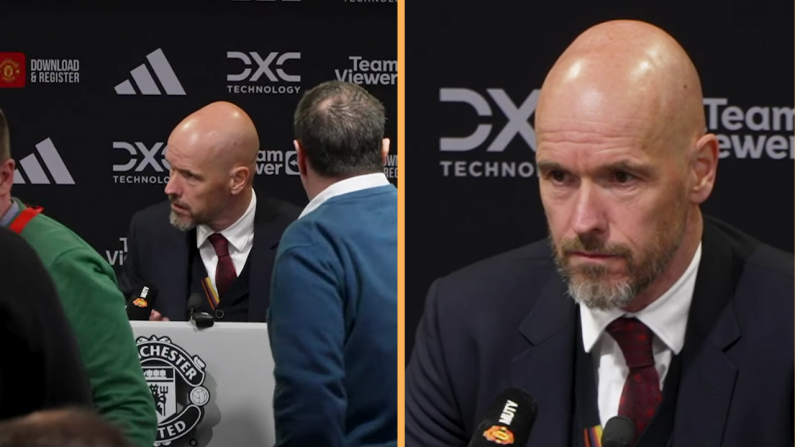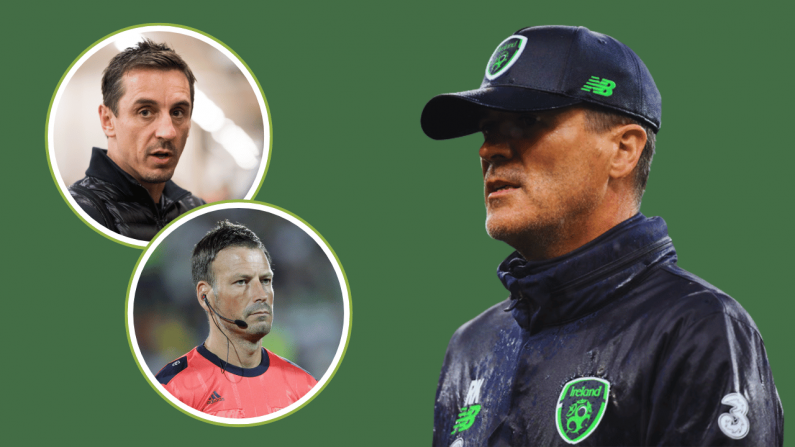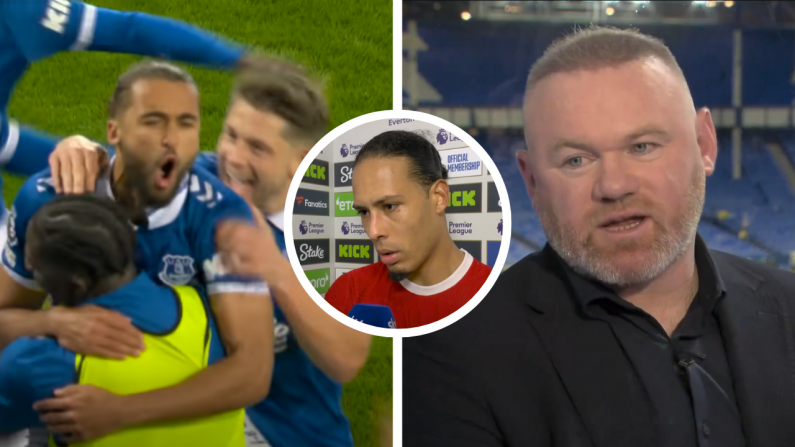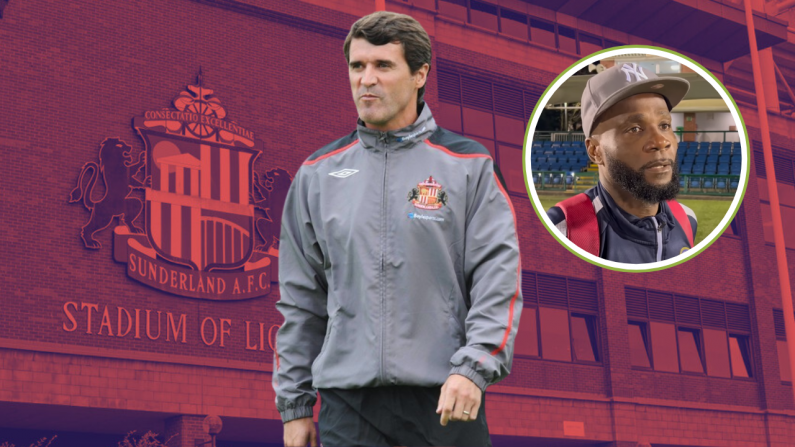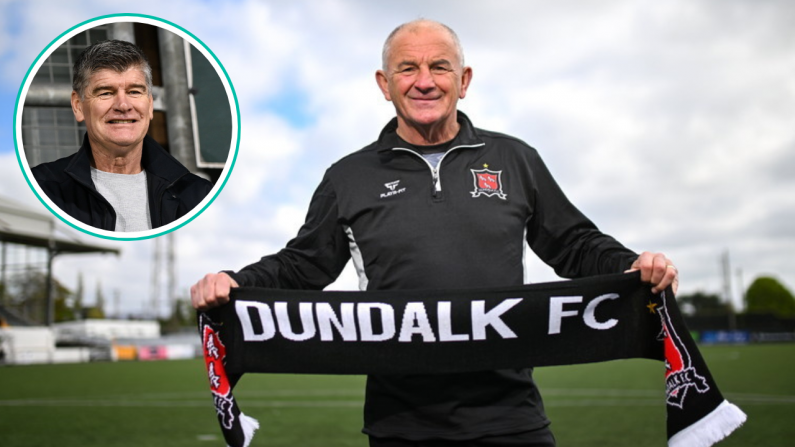Jose Mourinho at Man United is a case study in what happens when the barbarians are let inside the gate.
Mourinho was destined to fail at United: while hamstrung by the club's dysfunctions, he was never the right fit; a torch-wielding, anti-establishment rebel suddenly tasked with fireproofing a kingdom.
United appointed Mourinho hoping they were getting the handsome, acceptable and successful face of parking the bus; instead they got the surly misanthrope who made a habit of flinging his own players beneath one.
So what happened?
Between 2002 and 2010, he won six league titles, two European Cups, a UEFA Cup, and three domestic cups. In the eight years since, he has two league titles, a Europa League and a couple of League Cups. In four years, he went from claiming he would be "disappointed" to win the Europa League to parading it around, claiming it and the Community Shield were part of a treble.
The decay began at Real Madrid, and ever since the raffish good looks withered; the humour coarsened and hollowed.
Mourinho has always modelled himself as the outsider - he told his biographer Luís Lourenco that he didn't consider himself part of the "clan - those who deal the cards and set up the game". Football-wise, his founding foil for this was Barcelona; having been friendly with Pep Guardiola and coached rondo sessions and other drills loyal to Barca's hallowed style. Yet he ultimately felt cast-out, derided as little more than Bobby Robson's translator as he didn't have the benefit of playing for Barcelona.
The notion of proving the establishment wrong was the rock upon which he built success at Porto, Chelsea, and Inter. He demanded his players prove critics wrong, to the point he even had his Porto players learn the insulting chants of fans off by heart, and recite them in the dressing room.
By the time he arrived at Real Madrid, he had fetishised this anti-establishment stance to a point near absurdity. As Jonathan Wilson points out in his book The Barcelona Legacy, Mourinho celebrated Inter Milan reaching the zenith of anti-football in the Champions League semi-final tie win at the Camp Nou by sprinting across the pitch, as if he were a player. The same book claims he had a cardboard cutout of this celebration in his office at Real Madrid.
If it seemed like Mourinho was becoming obsessed with Guardiola and Barcelona...he was. It was at Madrid that he articulated his philosophy on football, which includes the explicitly anti-Barca belief that the team with the ball has fear.
He tried to repeat a trick he used on Juventus in Serie A, and consistently spoke of Barcelona benefitting from being favourites among referees; attempting to set them as the establishment. This, however, rings hollow when it is issued from the club most closely identified with Franco.
Mourinho always needed an adversary, and the one he picked was his idea of the establishment - "having enemies in order to give your all isn't necessary, but it is better", Mourinho once said. "Mourinho doesn't look for beauty", said Thiago Motta, "he looks for an enemy".
The problem he has had in the last few years, however, is that his enemy didn't become a system against which his hard-working underdogs could corall and rebel, but instead the style of play propounded by Pep Guardiola.
He raged against the "poets" in the game who prided style above titles, and seethed at those who portrayed Klopp's exuberant but defensively-hopeless Liverpool as the "last wonder of the world".
That Mourinho's anti-establishment ethos would calcify into this sole topic is a natural result of working at Real Madrid and Manchester United. They are the richest, most storied clubs in their respective country, and thus it is much harder to convince players that the world is out to get them, and that his relatively reductive style is the only way to win.
There is just too much evidence to say otherwise.
Style of play became Mourinho's only song, and it made him dogmatic, rather than pragmatic. Whereas his first Chelsea team and his early Real Madrid team were capable of some excellent counter-attacking, that deserted him at United.
His above lashing out at Liverpool came after a 0-0 draw at Anfield, which halted United's momentum against a deeply vulnerable Liverpool, whose defence was still in its pre-Van Dijk chaos. Given the pace set by Manchester City, it was the wrong tactic.
This raging against "poets" also made Mourinho surly and somewhat two-dimensional, which robbed him of the charismatic leadership so crucial to the first half of his career.
There were other issues at United, as Mourinho lacked the self-confidence of Alex Ferguson. Mourinho was seen by some as having the right kind of ego to take on the job done by Ferguson, the absence of which proved to be so disastrous for David Moyes. There was a crucial difference between Ferguson and Mourinho, however - Ferguson was driven by a near-demented self-confidence and conviction, while Mourinho's was made more of a kind of brittle narcissism.
Ferguson picked fights to assert his authority; Mourinho did so to try and prove his.
While Ferguson banished his enemies, Mourinho kept his around. He did so either in the hope he would provoke enough conflict to have their minds focused by a kind of spite, or, as he ultimately did with Paul Pogba, have a scapegoat to use to get the supporters on side.
He wasn't helped by the lack of direction at boardroom level, and he had Pogba foisted upon him much like Roman Abramovich strongarmed Andriy Shevchenko into his first Chelsea squad.
In the end, Mourinho ended his United reign in the press room at Anfield, admiring the qualities he saw in Liverpool, which reminded him of his earlier days.
You can compare my Porto team with Liverpool. They are fast, they are intense, they are aggressive, they are physical, they have an objective. The qualities of the players are there. It was my best team in defensive transition. We lose the ball and we bite like mad dogs and recover the ball after a few seconds.
Manchester United are the establishment, and they can never be the underdogs.
This was Mourinho's undoing.
Roy Keane is rarely insightful when talking about anyone but himself, but he was right when responding on ITV to Mourinho's complaints about fixture congestion in 2017. "I've never heard so much rubbish in my life. Maybe the club is too big for him?"
See Also: 5 Candidates To Be United's New Caretaker Manager

